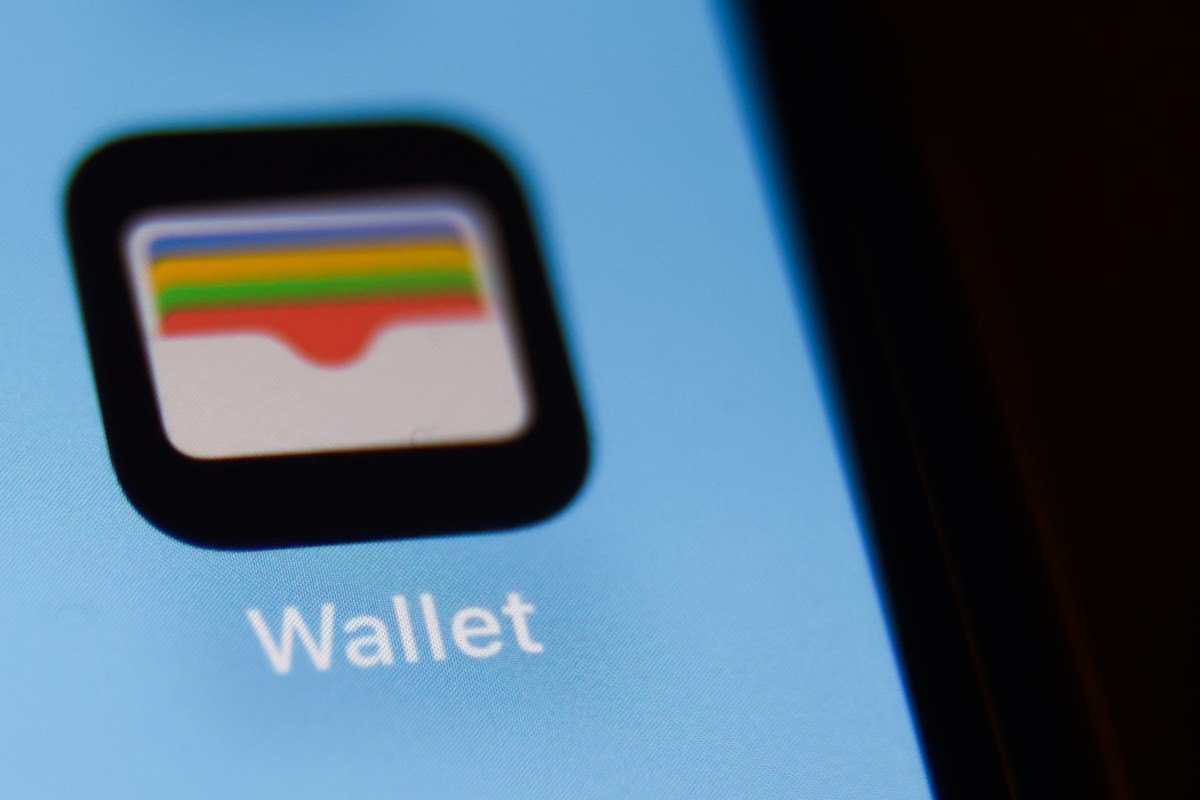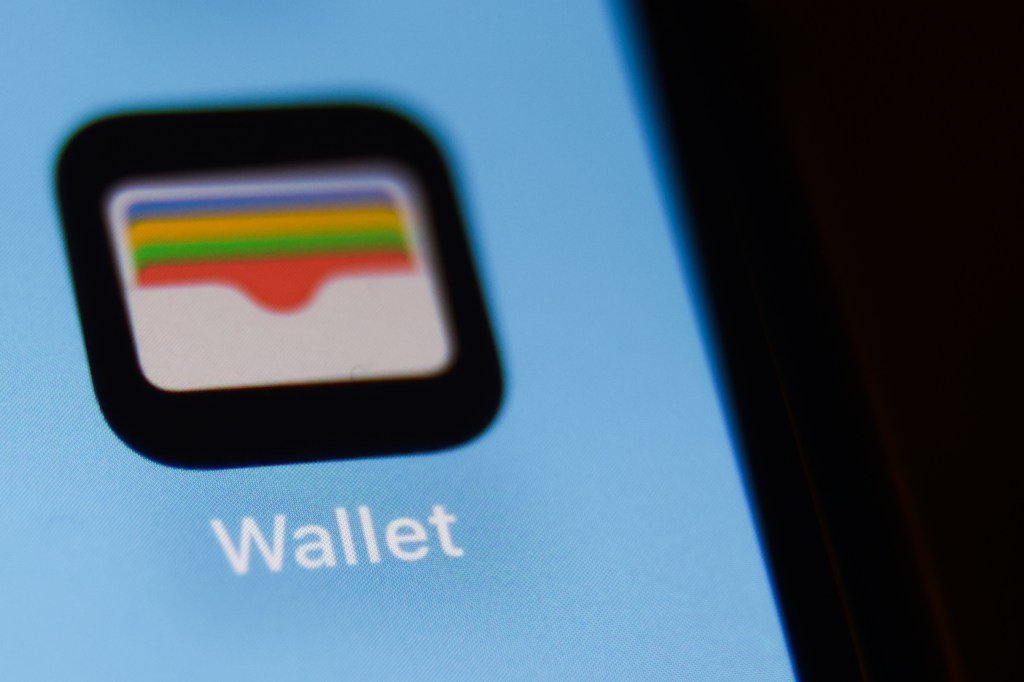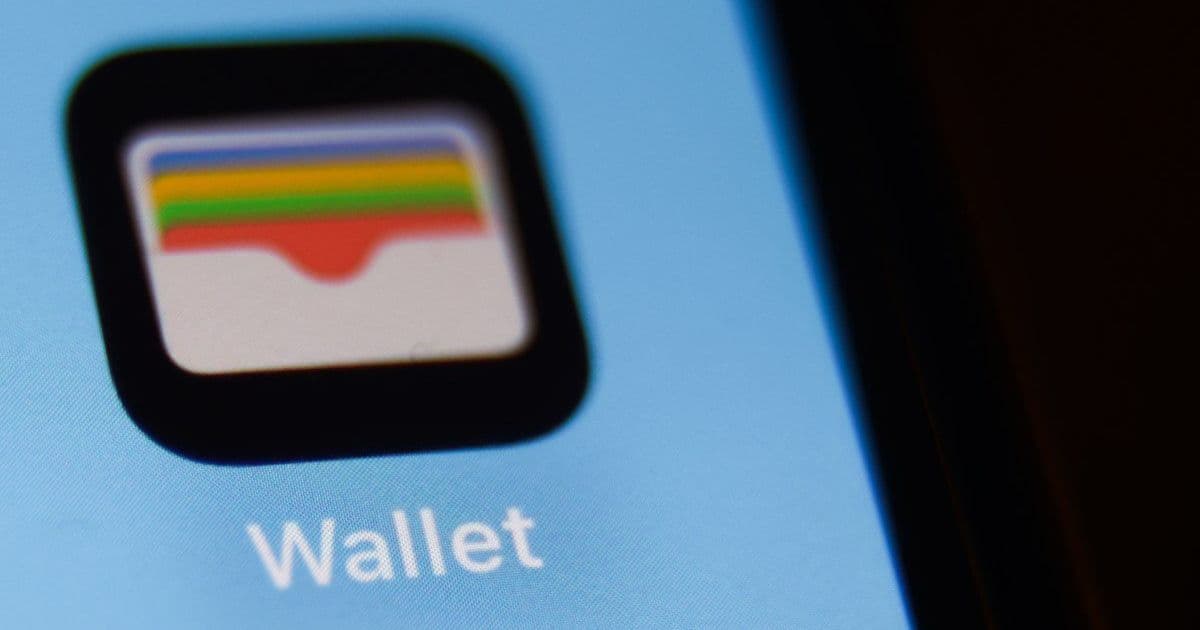Apple will soon enable U.S. travelers to store passport-based digital IDs in Apple Wallet for TSA checkpoint use, addressing Real ID enforcement urgency. The move expands Wallet's role beyond payments into a verified identity platform, now supporting transit passes, car keys, and hotel access globally.

Apple has confirmed that U.S. users will soon be able to create digital identification documents in Apple Wallet using their physical passports, enabling expedited processing at participating TSA security checkpoints for domestic flights. The feature, announced by Apple Pay VP Jennifer Bailey at Money 20/20 USA, arrives as Real ID enforcement renders many state IDs insufficient for airport security.
"This transforms the iPhone into a verified identity carrier that goes far beyond payments," Bailey emphasized during her keynote. While the digital ID won't replace physical passports, it streamlines TSA verification by leveraging the same NFC-based infrastructure currently used for state IDs in 12 states and Puerto Rico—covering roughly one-third of U.S. license holders.
The passport integration, delayed from Apple's initial iOS 26 announcement, underscores Wallet's strategic evolution:
- Global Scale: Apple Pay now operates in 89 markets with 11,000+ supported banks
- Retail Ubiquity: 90% of U.S. retailers accept Apple Pay, up from 3% at launch
- Physical World Integration: Over 2 million hotel keys, car keys for 300+ vehicle models, and transit passes across 800 cities are already managed in Wallet

Image Credits: Jakub Porzycki/NurPhoto / Getty Images
For developers and security professionals, this signals Apple's deepening investment in secure element hardware and identity verification protocols. The expansion creates opportunities for enterprises—particularly in travel and hospitality—to integrate with Wallet's authentication framework. However, it also raises questions about digital identity fragmentation as states slowly adopt mobile ID standards.
As Real ID requirements tighten airport security, Apple's timing positions Wallet as a pragmatic solution for frictionless travel—and a foundational platform for the next phase of mobile identity ecosystems.
Source: TechCrunch, Sarah Perez

Comments
Please log in or register to join the discussion